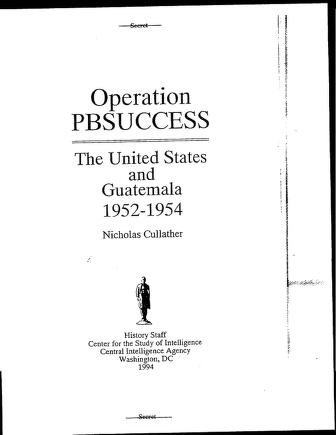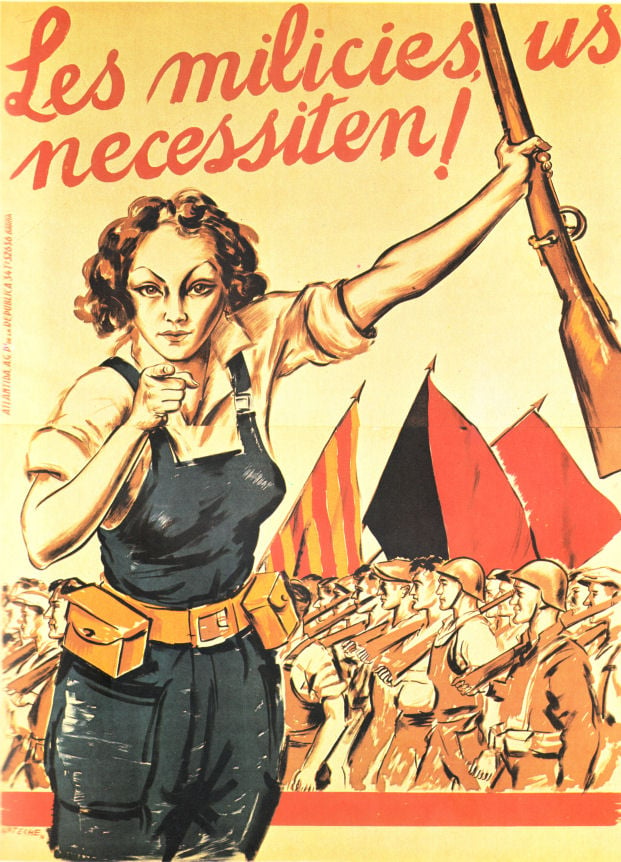Guatemalan Coup d’État (1954)
Sun Jun 27, 1954

On this day in 1954, Jacobo Árbenz, the democratically elected President of Guatemala who had been redistributing land owned by U.S. capitalists, was forced to resign in a coup led by the CIA and supported by the United Fruit Company.
Árbenz was a major figure in the ten-year Guatemalan Revolution, which represented some of the few years of representative democracy in Guatemalan history. His agrarian reform, which uncultivated portions of large land-holdings were expropriated in return for compensation and redistributed to poverty-stricken agricultural laborers benefited approximately 500,000 people, most of them indigenous, whose ancestors had been dispossessed after the Spanish invasion.
This land reform alienated the powerful United Fruit Company, the largest land owner in Guatemala at the time, which lobbied the U.S. government to have him overthrown. The U.S., also concerned by the presence of communists in the Guatemalan government, began planning a coup, to be led by the Central Intelligence Agency (CIA).
The CIA armed, funded, and trained a force of 480 men led by Carlos Castillo Armas. Castillo Armas’ force invaded Guatemala on June 18th and was backed by a heavy campaign of psychological warfare, which included a radio station which broadcast anti-government propaganda and a version of military events favorable to the rebellion, claiming to be genuine news.
Although the invasion force’s military actions fared poorly, the psychological warfare and fear of a U.S. invasion intimidated the Guatemalan army, which eventually refused to fight. Árbenz briefly and unsuccessfully attempted to arm civilians to resist the invasion, before resigning on this day in 1954. He was succeeded in power by Carlos Castillo Armas, the same man who led the invading force.
- Date: 1954-06-27
- Learn More: en.wikipedia.org, www.zinnedproject.org.
- Source: www.apeoplescalendar.org

